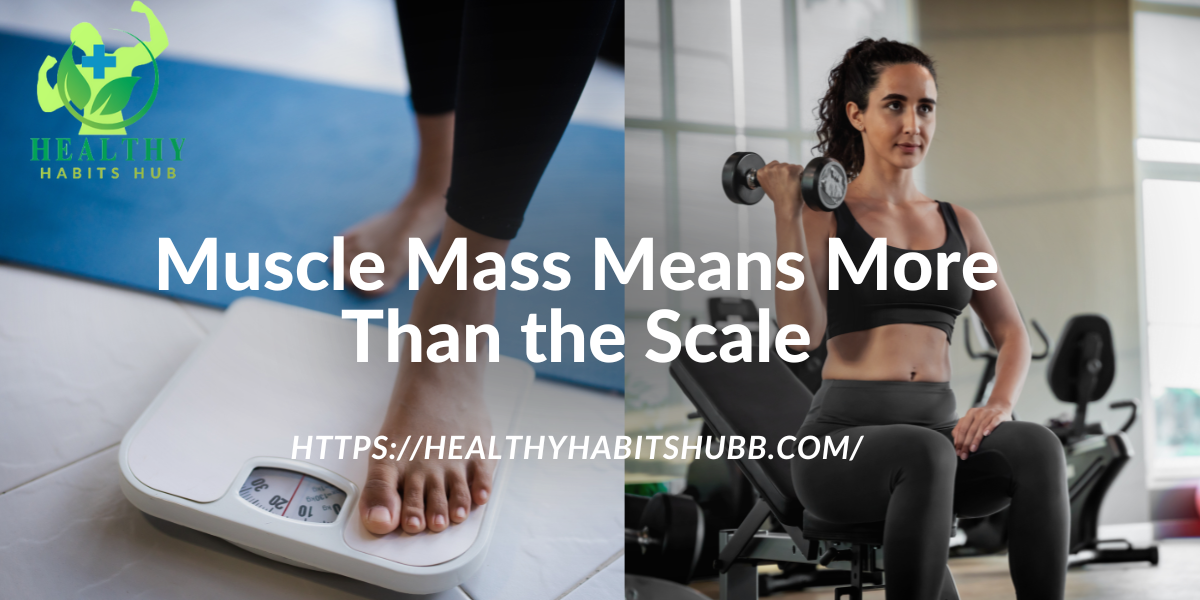Why Body Recomposition Is the New Weight Loss Priority
Most minds associate weight loss with a lower number on the scale. But a new health and fitness trend is shifting the focus away from weight loss and onto body recomposition. Body recomposition is not weight loss; it’s cutting the percentage of body fat and increasing the percentage of muscle on your body—essentially getting leaner and stronger regardless of what the scale says. The more that individuals become aware of the mistake in conventional weight loss objectives, body recomposition is the fitness frontier.
What Is Body Recomposition?

Body recomposition is losing fat and gaining muscle at the same time. Unlike old-school weight loss, which tends to focus on decreasing the mass of the body, body recomposition focuses on enhancing the composition of the body by gaining lean muscle mass and losing fat storage. It cares less about how the body looks and how the body works than the scale number.
Although weight loss typically entails creating a calorie deficit (in calorie-calculation, taking in calories in excess of what the body is burning), body recomposition can occur through a synergistic mixture of:
- Muscle gain (strength training)
- Requisite balanced diet (for muscle gain and fat loss)
- Rest and recuperation (for muscle repair and growth)
Body Recomposition Becomes More Popular
1.It’s Health-Focused, Not Aesthetics-Based
Most of the conventional weight loss procedures are more concerned with looks rather than with well-being. The concern, in most instances, is losing as much weight as possible within as little time as possible. It may trim the waistline but in no way will it have anything to do with body function or enhanced well-being.
While body recomposition is concerned with maximum metabolic well-being, greater muscle mass, and reduced visceral fat (fat stored in organs), each of which includes its own health dividends like:
- Enhanced insulin sensitivity
- Enhanced cardiovascular well-being
- Enhanced functional fitness
- Increased energy
That is, body recomposition is more concerned with long-term health than short-term effect of average weight loss.
2.Muscle Mass Means More Than the Scale

Among the strongest arguments on why body recomposition is now on the verge of replacing traditional weight loss is advanced knowledge of muscle mass as a marker of health. Muscle mass has the function to:
- Metabolism: Muscle mass expends more calories at rest than body fat, maybe in an effort to maintain one healthy weight in the long term.
- Physical Function: Muscle strength is increased, strength, balance, and endurance to enable more functional physical function and avoid injury.
- Longevity: Research has established that the preservation of muscle mass with increasing age can reduce risk for chronic diseases such as osteoporosis, diabetes, and heart disease.
While traditional weight loss will inevitably cause muscle mass as well as fat mass to be lost, body recomposition seeks to maintain or even increase muscle mass and reduce fat.
3.You Can Look Leaner Without Losing Weight
Another excellent thing about body recomposition is that you can look leaner and more toned without weighing significantly less. This is due to the fact that the bulk weight of the muscle is not always there, but rather more solid. The more you shed the fat and gain muscles, the more your body gets defined and sculpted, even if the weights on the weighing machine are not significantly changed. This is a world of difference from the classical weight loss, where the only goal is to lose weight no matter what happens to the body composition.
4.More Sustainable and Realistic

Classic weight loss goals, such as a certain number of pounds lost within a specific period, are not always sustainable. For most people, extreme calorie restriction and highly active daily lives are not sustainable over time and may lead to muscle loss, nutrient deficiencies, or weight rebound.
While that is contrary to what, body recomposition is an improved technique in the sense that it is a process of gradual adaptation, being reasonable with food, and regular strength training. Instead of extremes, the technique provides balance living that achieves long-term gains without wrecking your metabolism or losing work-gained muscle.
How to Get Body Recomposition
Body recomposition is the result of the interplay between strength training, nutrition, and recovery.
1.Strength Training
Gain in muscle is the most important component of body recomposition. Muscle-building exercises like weightlifting, resistance bands, and bodyweight exercises stimulate muscle growth. Do at least 3-4 strength training sessions per week, including compound exercises like:
- Squats
- Deadlifts
- Bench presses
- Rows
- Pull-ups
A combination of some cardio (for burning fat) and strength training (for muscle building) will give the right balanced body.
2.Nutrition: Correct Fuel

The nutrition would be to burn fat and gain muscles. An attempt would be to achieve a minimum calorie deficit for losing fat and sufficient protein for muscle building to begin. Some of the major guidelines are:
- Protein: Consume at least 1.6–2.2 grams of protein per kilogram of body weight. Protein is utilized for muscle growth and muscle repair.
- Healthy Fats and Carbs: Do not cut out fats or carbs completely. Healthy fats (seen in foods like avocados, nuts, and olive oil) are utilized to produce hormones, and carbohydrates are utilized for exercise fuel.
- Caloric Intake: In order to be gaining muscle and losing fat simultaneously, eat at a minimum caloric deficit—trying to lose about 0.5% body weight per week.
3.Rest and Recovery

Muscle is built in rest time, not training time. Getting proper rest (7-9 hours while sleeping) and allowing your muscles to recover between sessions is most important to your success.
The Benefits of Body Recomposition Over Traditional Weight Loss
- Improved Body Composition: You will build lean muscle and shed body fat, creating a leaner, more toned physique.
- Higher Metabolic Rate: The more muscle, the more rapidly the body breaks down calories when at rest, and weight maintenance will be easier.
- Overall Improved Health: Muscle emphasis is good for overall health indicators such as bone mineral density, metabolic rate, and cardiovascular health.
- Psychological Satisfaction: Recomposition of the body is more gratifying than the focus on one number on the scale because you can see and feel the change in your body and strength.
Conclusion: Body Recomposition is the New Weight Loss Goal

The body recomposition trend is a change in our attitude towards health and fitness. Instead of trying to lose weight, the new objective is to work towards a leaner, more muscular body that’s stronger, healthier, and more functional. Paired with strength training, scientifically designed nutrition, and proper recovery, body recomposition is a more realistic and empowering option for attaining a fit, healthy body independent of the scale.
Body recomposition isn’t about changing the way that we look—it’s about making us feel better, function better, and live better.

